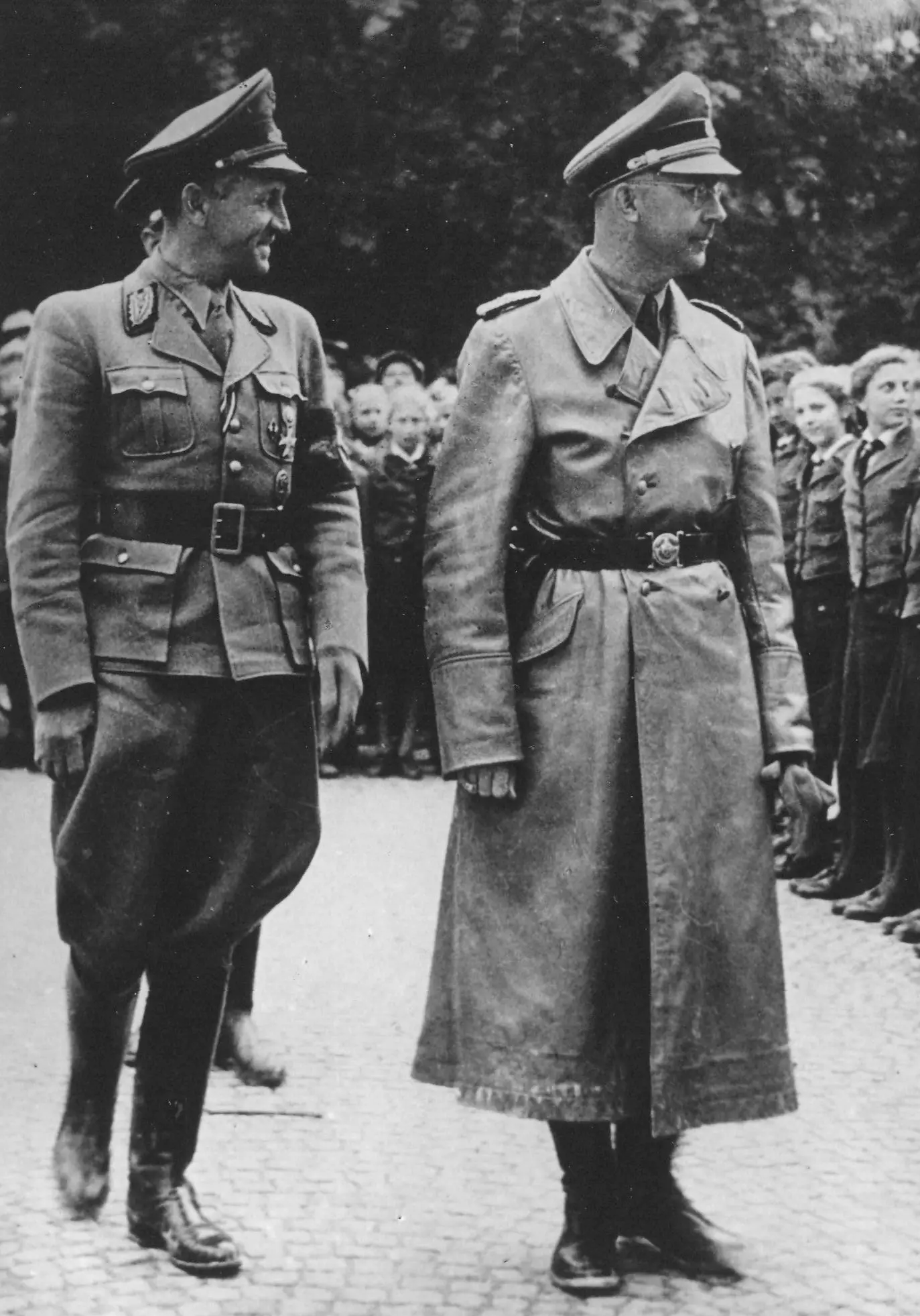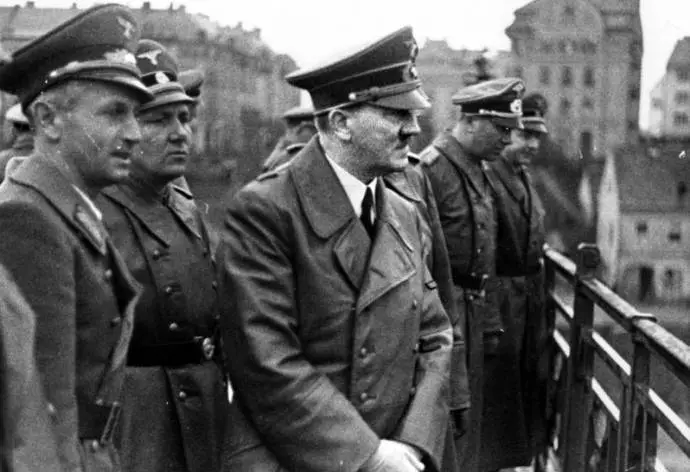April 26, 2018
On today’s date in 1941 Adolf Hitler visited Maribor (or in German, Marburg) and made his famous statement: “Make this land German again for me”.
The Kingdom of Yugoslavia was attacked on April 6, 1941, following a military coup that ended the regency of Pavel Karadžordević, and consequently annulled his signing of the Tripartite Pact (between Germany, Italy and Japan).
On April 17, Yugoslavia fell and a letter of capitulation was signed, while the government along with the teenage King Peter escaped first to Greece, and from there to London via Jerusalem in Palestine.
Nazi plans for Germanisation of the occupied territories were already fully developed by the time of the April War. A crucial role was played in these plans by a small German minority that had lived among the Slovenian population for centuries, as it brought Slovenia into the general Nazi goal to unite all the Germans under a single nation state. Of particular concern was Slovenian Styria (Štajerska, with Maribor as its capital) and of slightly lesser concern was Upper Carniola (Gorenjska, with Kranj).
By then a very important tool for Germanisation had been developed in the ethnically mixed territory of Carinthia, which through a plebiscite in 1920 became part of the Austrian state. There, an ethnically distinctive group, the “Windisch”, that is, the ethnically, racially and culturally German population, which doesn’t speak proper German but rather "Windisch", although in realtiy they spoke Slovene, had been invented and eventually appeared in the 1939 Austrian census which followed the 1938 Anschluss, or German annexation of Austria in order to reduce the statistical number and historical presence of the Slovenes in this terriotory. This ethnic taxonomy of using "Windisch" instead of "Slovene" was the idea also used as a germanisation tool in Styria and Carniola after the April War.
Furthermore, the special interest the Nazis had in Slovenian lands has been also revealed by Alojzi Kuhar, who, by the use of a false identity of an ethnic German living in Drava banovina (today’s Slovenia) visited Nazi institutions dealing with Germans living outside the Third Reich in the second half of the 1930s. This way he got access to systematic information that the Nazis had gathered on the ethnic and political backgrounds of the citizens in Drava banovina, that were then put in use once the Germans were in charge of the lands.
Not surprisingly, on the day of the capitulation of the Kingdom of Yugoslavia the first person to visit Maribor was Heinrich Himmler, the Reich’s Commissioner for the Strengthening of German Nationhood, i.e. the Nazi population policy chief, the man who was also directly responsible for the Holocaust. The plan was relatively simple: the population was divided into three categories: German, Windisch (basically seen as Germans in need of some language lessons) and “non-German” elements that needed to be expelled as aliens.

Himmler in Maribor
Initially about 1/3 of the Slovenian population was to be expelled (220–260 thousand people), although due to the ongoing war this was limited to about 80,000 intellectuals who were displaced to Serbia and Croatia, while about 2.5 million Slovenian books were destroyed.
Hitler’s visit to Maribor (Marburg) on April 26, 1941, was, due to the reasons outlined above, the only trip he made in the territory of the Kingdom of Yugoslavia. From there he continued his trip further to Gradec (Graz) and from there the next day to Celovec (Klagenfurt). However, it was on this date, in Maribor, that he made his infamous statement: “Machen Sie mir dieses Land wieder deutsch!” (Make this land German for me again!)






